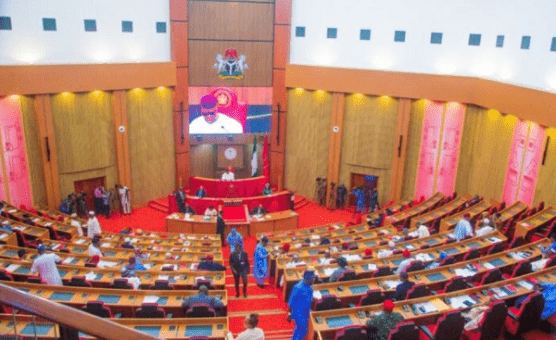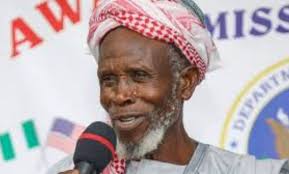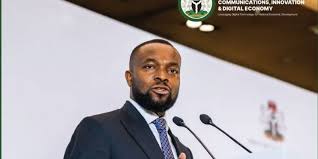
The Nigerian Senate has constituted a 12-member ad hoc committee to craft a legislative response to growing international concerns over alleged state-backed persecution and genocide claims against Christians in the country.
The decision followed a closed-door session on Tuesday, during which lawmakers deliberated on recent statements from the United States government suggesting possible acts of genocide targeting Christian communities in parts of Nigeria.
The Senate’s move comes amid increasing diplomatic scrutiny and fears that such allegations could harm Nigeria’s international reputation, economic relations, and delicate interfaith balance.
The newly formed committee comprises Senators Victor Umeh, Yemi Adaramodu, Aniekan Bassey, Niyi Adegbonmire, Abdul Ningi, Titus Zam, Tony Nwoye, Tahir Munguno, and Asuquo Ekpenyong, among others.
Their mandate is to produce a comprehensive position paper for presentation to both the Executive and the National Assembly, outlining Nigeria’s official stance and strategy for engaging with the international community on the issue.
Senate President Godswill Akpabio, who announced the committee’s formation, emphasized that the report must be grounded in verifiable data and credible evidence, ensuring that Nigeria’s position is fact-based and defensible.
Earlier in the plenary, the Senate had resolved to engage directly with the U.S. Congress to clarify what lawmakers described as “misleading narratives” portraying Nigeria’s internal security challenges as religiously motivated or targeted against Christians.
The decision followed a motion raised by Senator Ali Ndume, which sparked a robust debate over how Nigeria is perceived abroad.
Several lawmakers warned that unchecked misinformation could distort the country’s global image, strain diplomatic ties, and deter foreign investment.
During deliberations, Akpabio proposed that a smaller delegation from the ad hoc committee visit Washington, D.C., to meet privately with American lawmakers and explain the true nature of Nigeria’s security crisis.
“There are misconceptions that need to be corrected,” Akpabio said. “We are dealing with a complex terrorist threat, and it is vital that our partners in the U.S. understand that the violence affects both Christians and Muslims alike.”
Senator Jimoh Ibrahim also stressed the importance of adopting knowledge-based, data-driven counterterrorism strategies, arguing that Nigeria must confront insecurity with informed, strategic interventions rather than reactive measures.
The committee is expected to present its findings and recommendations to the Senate in the coming weeks, paving the way for diplomatic engagement aimed at defending Nigeria’s image on the global stage.



